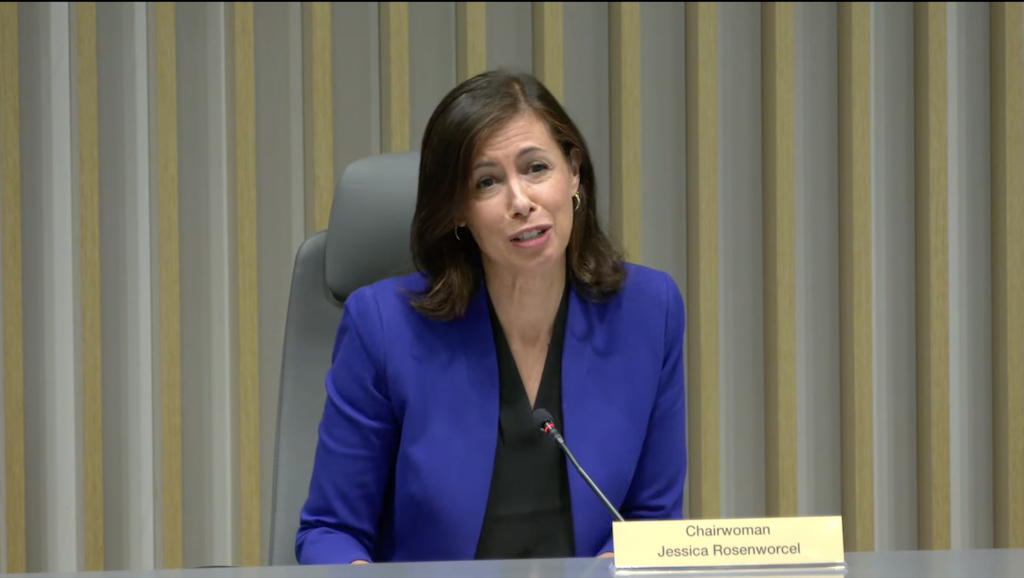FCC Adopts Proposal to Increase E-rate Program Funding for Tribes Reliant on School Libraries
The FCC broadened the E-rate eligibility to tribal colleges used as public libraries.
Quinn Nghiem

WASHINGTON, July 20, 2023 – The Federal Communications Commission on Thursday adopted an order to expand tribal access to funding under the E-rate program, which supports schools and libraries in economically disadvantaged communities to obtain affordable internet services.
The order expands E-rate eligibility to libraries in tribal colleges that also serve as public libraries. Currently, eligible libraries under the program have to maintain budgets “completely separate from any schools” to ensure the limited funding would not be diverted to higher education institutions. However, tribal leaders have long argued that this rule unfairly targets their communities since many tribal towns rely only on college libraries as their public library.
“Today’s decision goes a long way to clear some of the regulatory underbrush that can allow a lot of these institutions to leverage E-rate in a way that will make sense in light of those unique features,” said FCC Commissioner Brendan Carr.
Additionally, the commission agreed to raise the discount rate and more than double the funding floor for tribal schools and libraries to obtain certain services and equipment. It would also add a tribal representative to the Universal Service Administrative Company, the body overseeing the Universal Service Fund under which E-rate operates.
To further assist tribal libraries with the E-rate application process, the tribal pilot program launched in 2022 would be extended for another year. The commission continued to seek further comments to simplify E-rate process for tribal communities.
“Facilitating tribal participation in universal service programs, like E-Rate, is an important step towards closing the digital divide in some of the most underserved communities in our nation,” said Kathleen Burke, policy counsel at the non-profit Public Knowledge in a press release Thursday. “We applaud the commission for continuing to build on its efforts to ensure that Tribal libraries are able to access E-Rate funds.”
This adoption contributes to the ongoing discussion about the potential for the E-rate program to be extended beyond its present scope to offer WiFi on school buses and address cybersecurity issues.
Commission members also voted on an order to allow existing low-power television stations to continue to offer analog FM radio services on channel 6 on a non-interference basis with other digital services or channels.
The commission also approved another order to enhance the operation of the 988 mental health hotline in the event of service interruptions. Telecom providers would have to promptly report any outages that might cause a loss of 900,000 user-minutes and last at least 30 minutes to the commission and other 988 administrators.
All items on the agenda were quickly enacted without objections or further amendments.









Member discussion